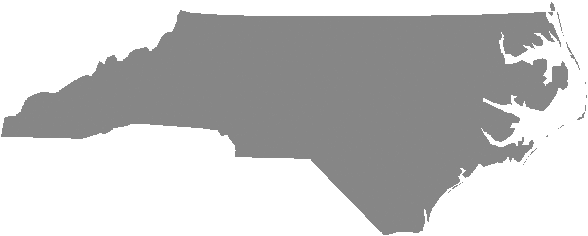
Sorry, there aren't any alternative fuel stations in or near Centerville.
Above is a complete list of alternative fuel locations in or near Centerville, NC: biodiesel; compressed natural gas (CNG); ethanol (E85); electric; hydrogen; liquefied natural gas (LNG), liquefied petroleum gas (propane) & more.
Tax incentives and/or other rebates, credits, incentives or related initiaves for drivers of alternative fuel vehicles or for other uses of alternative fuel in Centerville, NC.
Qualified electric vehicles, dedicated natural gas vehicles, and fuel cell electric vehicles may use North Carolina HOV lanes, regardless of the number of occupants. This exemption expires September 30, 2025. (Reference North Carolina General Statutes 20-4.01 and 20-146.2)
Qualified light-duty EVs and FCEVs are exempt from state emissions inspection requirements. Other restrictions may apply.
(Reference North Carolina General Statutes 20-4.01 and 20-183.2)
An EV is defined as a vehicle that:
(Reference North Carolina General Statutes 20-4.01)
The owner of an EV that is exclusively powered by electricity must pay a fee of $180 and the owner of a plug-in hybrid electric vehicle must pay a fee of $90 in addition to any other required registration fees at the time of initial registration and annual registration renewal.
(Reference House Bill 259, 2023 and North Carolina General Statutes 20-87)
The state motor fuel tax on liquefied natural gas (LNG) is imposed based on the diesel gallon equivalent (DGE) and the tax on propane and compressed natural gas (CNG) is based on the gasoline gallon equivalent (GGE). For taxation purposes, one GGE of propane and CNG is equal to 5.75 pounds (lbs.) and 5.66 lbs., respectively, and one DGE of LNG is equal to 6.06 lbs. The North Carolina Department of Revenue will determine the equivalent rate for all other non-liquid alternative fuels. Certain exclusions apply. For more information, including current tax rates, see the Motor Fuels Tax Information website.
(Reference North Carolina General Statutes 105-449.130 and 105-449.136)
A vehicle primarily powered by natural gas may exceed the state’s gross vehicle weight limits by a weight equal to the difference between the average weight of the vehicle with the natural gas tank and fueling system and the average weight of a comparable vehicle with a diesel tank and fueling system. The NGV maximum gross weight may not exceed 82,000 pounds.
(Reference North Carolina General Statutes 20-118)
Duke Energy offers public and charter schools a rebate of up to $215,000 for the purchase of electric school buses and associated charging infrastructure. Rebates are awarded on a first-come, first-served basis. For more information, including eligibility requirements, see the Duke Energy Park and Plug website
North Carolina utilities joined the National Electric Highway Coalition (NEHC), committing to create a network of direct current fast charging (DCFC) stations connecting major highway systems from the Atlantic Coast to the Pacific of the United States. NEHC utility members agree to ensure efficient and effective fast charging deployment plans that enable long distance EV travel, avoiding duplication among coalition utilities, and complement existing corridor DCFC sites. For more information, including a list of participating utilities and states, see the NEHC website.
North Carolina established the following goals to reduce statewide greenhouse (GHG) emissions:
(Reference Executive Order 246, 2022)
Duke Energy offers residential customers a $1,133 rebate for electrical upgrades to support a Level 2 or direct current fast charging (DCFC) station. For more information, including eligible upgrade costs, see the Duke Energy EV Charger Prep Credit website.
The town of Centerville (NC) in Franklin County has an estimated population of 89.

There are currently at least 0 alternative fuel stations in or near Centerville, NC (10-mile radius).
Many states offer incentives, rebates or discounts for purchasing alternative fuel vehicles (AFVs).